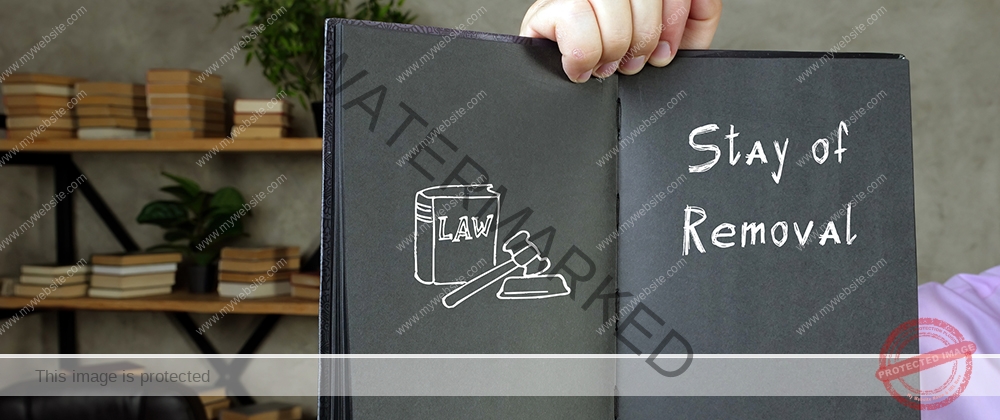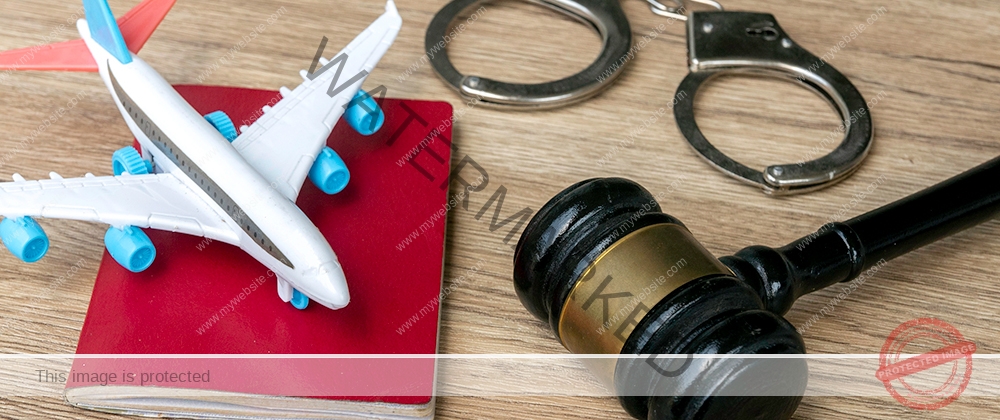We were retained to represent a woman who is native and citizen of Jamaica, and is openly gay. Our client resided in the United States for several years before she had a problem with the law that led to a conviction for a drug related offense. This conviction subjected her to removal from the United States and the United States Department of Homeland Security, in Miami, Florida issued a Notice to Appear in Immigration Court and defend herself from deportation to Jamaica.
Because her particular conviction related to trafficking a controlled substance, she was barred from seeking many forms of relief before the Immigration Court. Her only hope was to apply for Political Asylum from Jamaica. Since there is a requirement that an application for Political Asylum be filed within one year of entering the United States (unless we can prove an exception due to changed circumstances), our client would also have to apply for the more difficult forms of relief, Withholding of Removal and Protection pursuant to the Convention Against Torture (CAT). In order to be eligible for Political Asylum, an applicant must prove that they fear harm if they were to return to their home country based on one of five grounds, race, religion, national origin, membership in a particular social group, or political opinion. Because our client is an openly lesbian woman, who is married to another woman, we were able to base her asylum claim on membership in a particular social group, that social group being a homosexual. Because Jamaica is a dangerous place to be openly gay, we were able to provide numerous articles on point that supported her assertion that she would be targeted and in grave danger if she returned to Jamaica. The Immigration Judge allowed us to present our case at an individual hearing at the Miami Immigration Court and dedicated the entire afternoon docket to our case. The trial took several hours to complete and our client testified at length about the harm she would face in light of the homophobic gangs that plague Jamaica and the lack of police protection that she would be afforded. Her same sex partner, and wife testified regarding her knowledge of the danger in Jamaica and corroborated our client’s testimony. We also had several family members and friends testify that they feared for our client’s life if she were to be deported to Jamaica on account of her open homosexuality. The trial attorney for the Department of Homeland Security did not agree with our argument and opposed our client’s case. The trial attorney also argued that our client’s application fell outside of the one year time limit for asylum.



